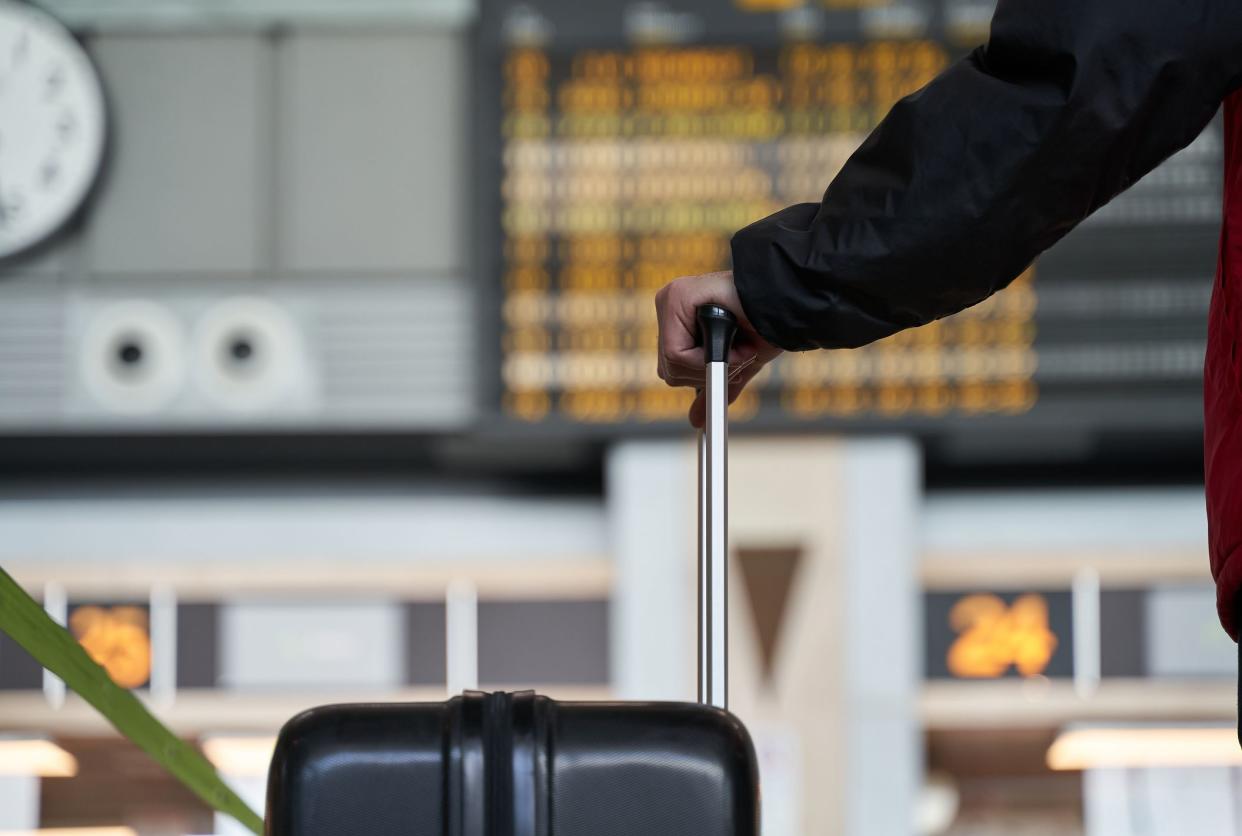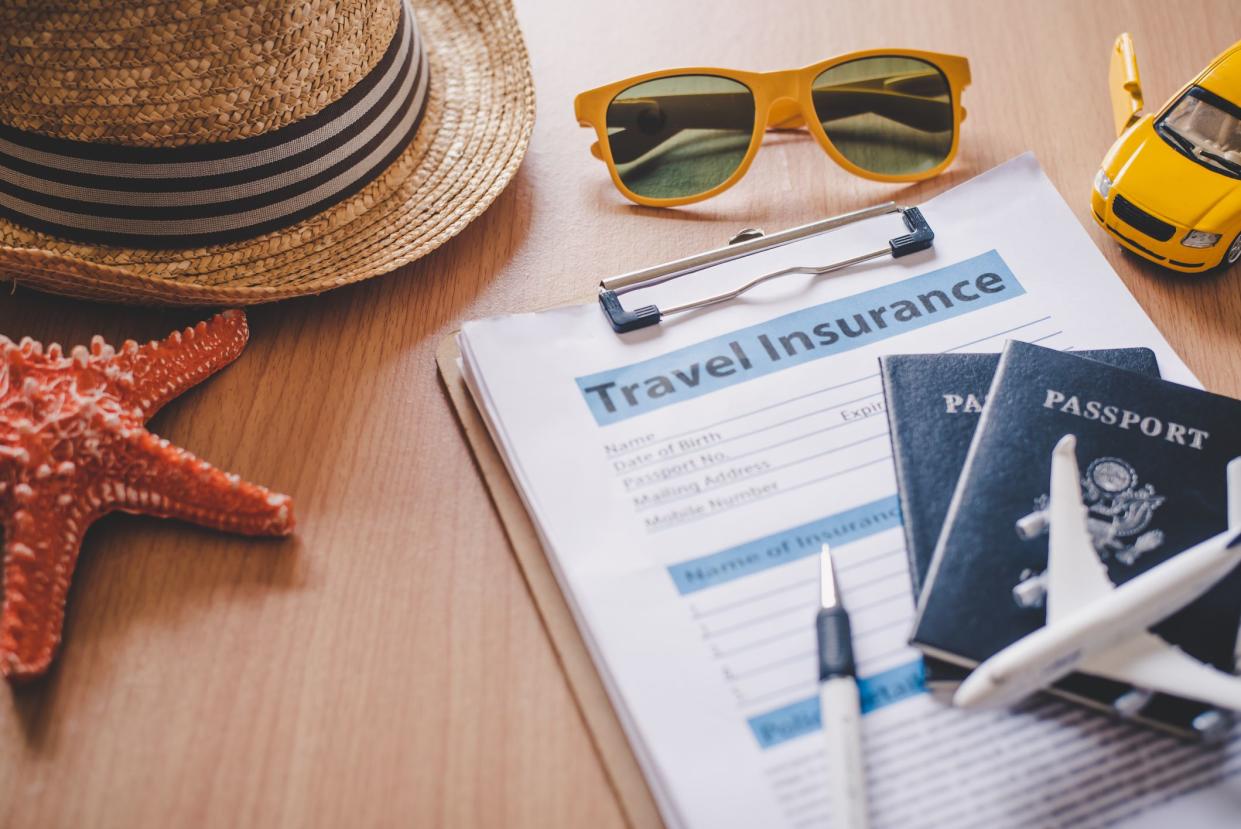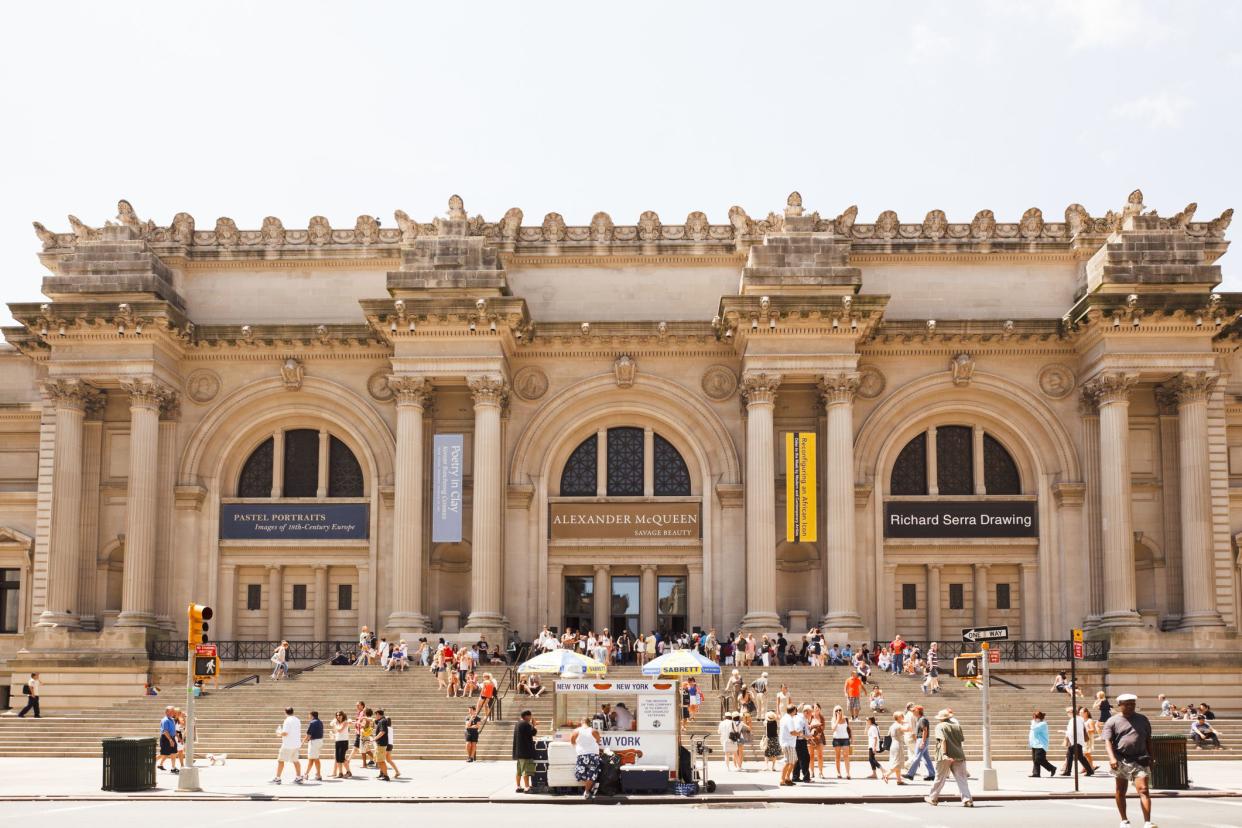10 Hidden Ways You're Wasting Money While Traveling

Adventure Fee!
"Traveling is the only thing that will make you richer." While this saying rings true, and traveling may enrich your life emotionally, the reality is that it can also be a costly affair that unpredictably strains your budget. When we switch to vacation mode, we often overlook subtle traps designed to siphon money from unwary travelers. Luckily, you don’t have to return home financially drained. Here are 10 hidden ways you might be wasting money while traveling and how to avoid them.

1. Excessive Baggage Fees
You might not realize it, but you're starting to bleed money even before you leave the house. This happens because we often try to pack everything but the kitchen sink when we travel. Most airlines are strict about luggage limits, and those extra pounds in your suitcase can lead to painful fees at the check-in counter.
To keep your wallet happy, it's all about packing smart. Think about what you really need. Mix and match outfits, and remember that most places you'll stay will have laundry facilities. Tools like packing cubes and a luggage scale are lifesavers and will help you stay organized and within weight limits

2. Relying on Taxis or Rental Cars
Relying on taxis or rental cars can be expensive, especially in cities where public transit is much cheaper and often more convenient. Try to use public transport as much as possible wherever you go — it will go easy on your wallet and offer you a glimpse into how the locals live and move around the place you are visiting.

3. Currency Exchange Losses
To sidestep this financial faux pas, dodge those currency exchange booths at airports and hotels, where the convenience dramatically hikes up the cost. Instead, think like a local and head straight for an ATM when you arrive at your destination, or use a credit card that’s friendly to travelers, without those pesky foreign transaction fees. This is more like paying what the locals pay, which often means more bang for your buck.
Related: 25 Destinations Where Your Dollar Goes Far

4. Travel Insurance Overlap
Before you spring for extra coverage, take a moment to review the insurance you already have tucked away in your wallet. Many credit cards, especially those designed for travelers, include various forms of travel protection like trip cancellation, baggage delay, and even medical emergencies. Similarly, your home or renter's insurance might already cover personal items while you're on the road. The trick is to gather all the facts before you leave. A quick call to your credit card company and a glance at your existing insurance policies could reveal that you're already well covered.
Related: Is Travel Insurance Worth It? Here's What the Experts Want You To Know

5. Roaming Charges
This is similar to leaving the tap running and then getting the water bill. Using your phone abroad as you do at home without a travel plan can result in jaw-dropping charges. Consider getting a local SIM card or a travel plan from your provider to keep costs manageable. Also, use Wi-Fi and apps designed for free calling or messaging to stay in touch with family and friends while abroad.
For more budget-friendly travel tips, sign up for our free newsletters.

6. Dining at Tourist Traps
While it's completely understandable that dining with a view of the Eiffel Tower or sitting next to the Colosseum sounds appealing, eating near major tourist attractions is a major money waster. These prime spots often come with a high price tag and surprisingly lower-quality food. If you wander a few streets over, you'll discover where the locals eat. Not only are the prices friendlier, but the food’s authentic and you might just stumble into some amazing, off-the-menu adventures.
Related: Avoiding the Crowds: Europe's 12 Biggest Tourist Traps

7. Foreign Transaction Fees
Not all credit cards are travel-friendly. Some charge hefty fees on transactions made abroad, so using a card specifically for international travel can avoid extra charges.

8. Traveling at Peak Times
While it might be tempting to join the holiday rush or the summer travel frenzy, you'll likely end up paying top dollar for flights, accommodations, and even local attractions. Instead, consider the charms of the shoulder season — the periods just before or after peak season. You'll not only enjoy milder weather and fewer crowds but also benefit from lower prices on nearly everything from airfare to hotel rooms.

9. Failing to Pre-Book Popular Attractions
Popular tourist sites often have long queues and higher prices for on-the-spot ticket purchases. Many attractions offer discounts for tickets bought online in advance. By planning ahead, you not only save money but also time, which will improve your overall travel experience.

10. Over-Tipping
Generosity is noble, but when in Rome — or anywhere — do as the locals do. In some countries, tipping isn't customary, or a smaller tip is expected than you might be used to at home.
Related: Big Mistakes Novice Travelers Make and How to Avoid Them
This article was originally published on Cheapism
